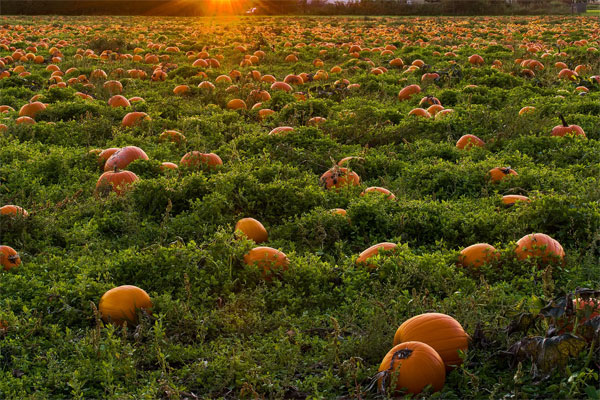Pumpkin (Cucurbita pepo)

The pumpkin is one of the oldest cultivated plants of mankind and has been cultivated for over 8000 years. It originally came from North and tropical Central America. Today we use various varieties of the garden pumpkin in our cuisine. But not only the flesh is consumed, the pumpkin seeds are considered a healthy treat when peeled and dried. Pumpkin seed oil, which contains a high proportion of unsaturated fatty acids, is produced regionally from the seeds of certain varieties.
Special varieties of the garden pumpkin are considered “medicinal pumpkins” because of their high content of active ingredients. The value-determining ingredients of these seeds are mainly plant hormones, the phytosterols. In addition, pumpkin seeds are rich in vitamin E, carotenoids, various amino acids, selenium and zinc. Standardised pumpkin seed extracts are usually used for medicinal purposes.
The seeds of the medicinal pumpkin have anti-inflammatory, antimicrobial, diuretic, bladder-strengthening, draining and cell-protecting effects. They influence the emptying of the urinary bladder and are therefore used in human medicine, especially for irritable bladder and age-related benign prostate enlargement.
In folk medicine, the seeds of the pumpkin are not only used for the symptomatic treatment of urinary complaints, but also for heart and kidney problems, gastrointestinal diseases and worm infestations.